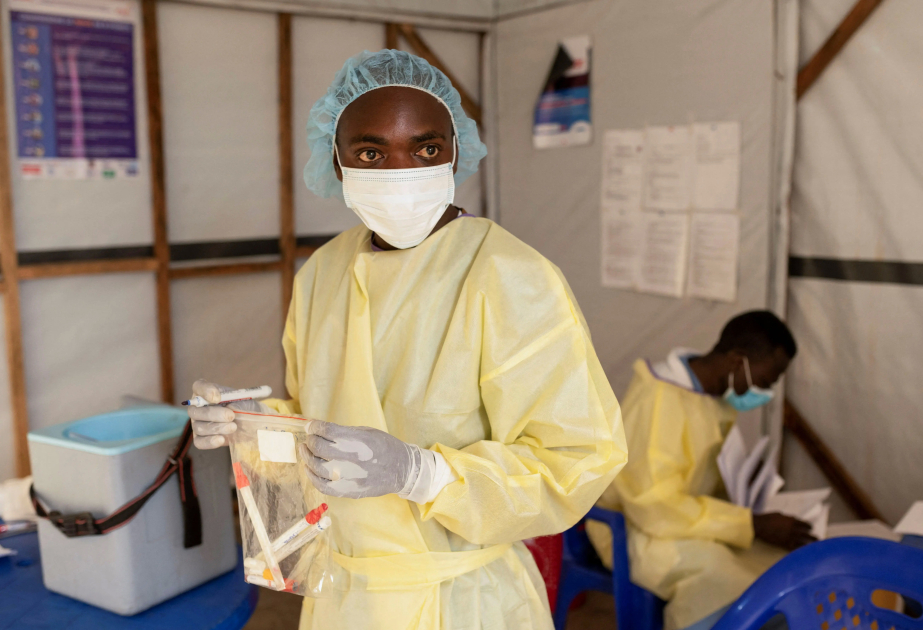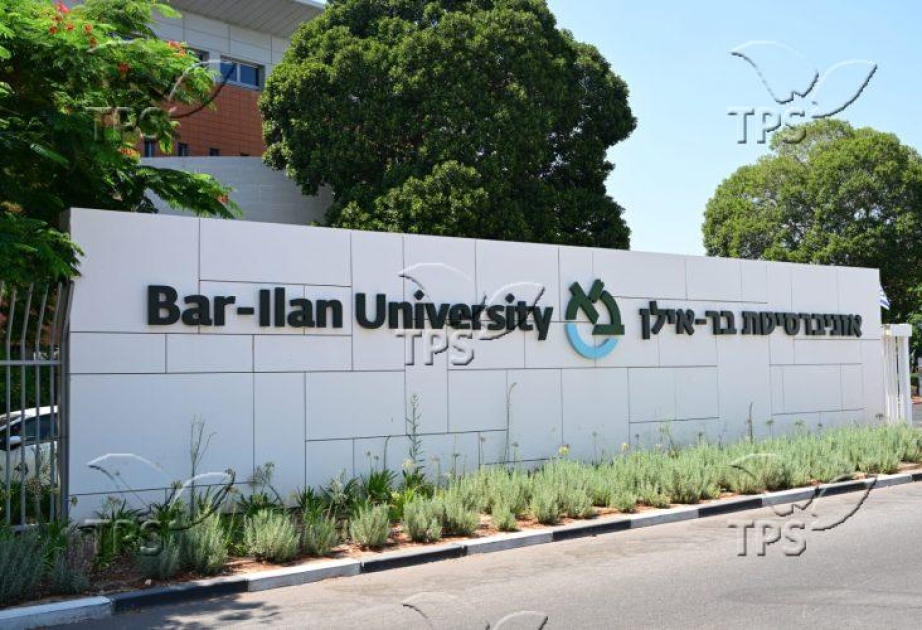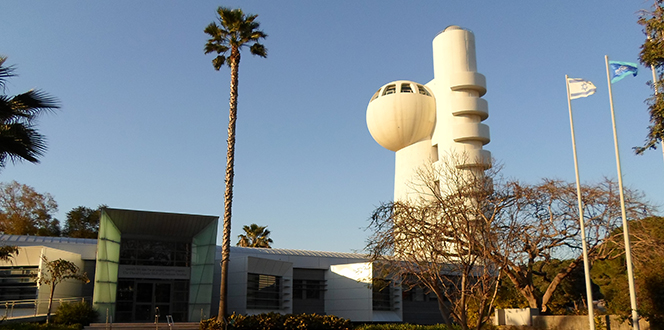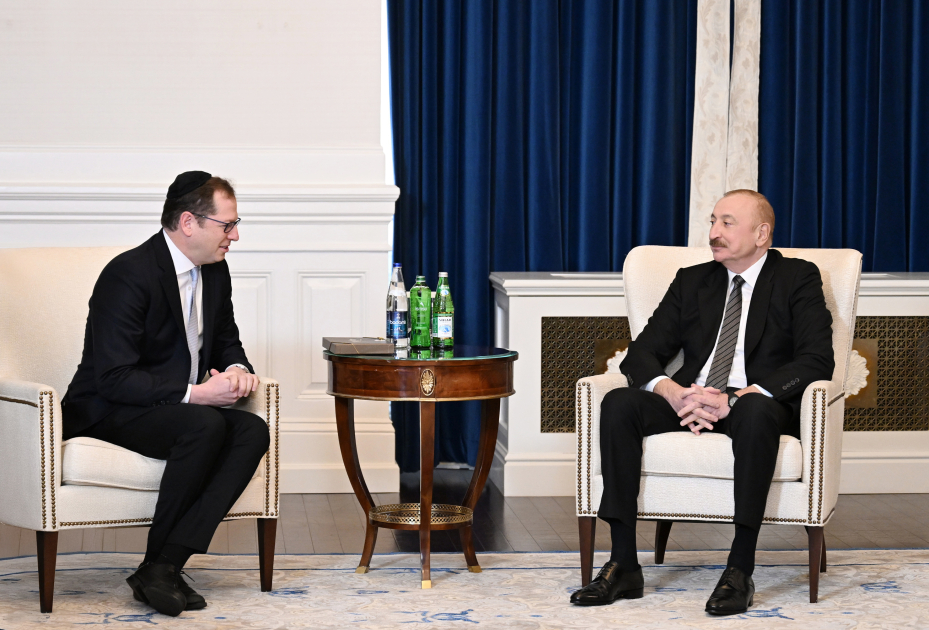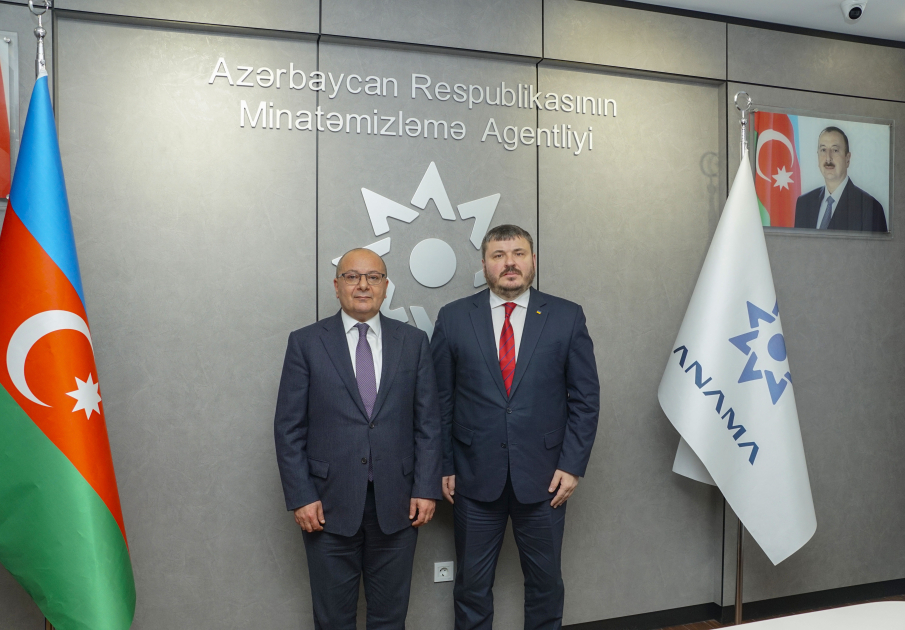The International Federation of the Red Cross and Red Crescent Societies (IFRC) said on Friday it is ramping up response efforts over the surge of mpox cases across Africa, according to Anadolu Agency.
“The IFRC is at the forefront of the response to the mpox outbreak in Africa, with extensive experience managing previous disease outbreaks, such as Ebola and COVID-19,” it said in a statement.
This week, the World Health Organization (WHO) and Africa Centers for Disease Control and Prevention (Africa CDC) declared mpox a public health emergency of international and continental concern.
The IFRC said it has a vast network of more than 4 million volunteers and 14,000 staff across the continent, and their network is providing critical support to governments, including community-based surveillance, risk communication and community engagement, and mental health services.
“The sharp increase in mpox cases in Africa is deeply concerning and a serious public health concern. This isn’t just a local issue; it’s a continental threat that demands immediate and coordinated action,’’ Mohammed Omer Mukhier, IFRC regional director said in a statement.
Mukhier said since last year, the IFRC has been working with their local teams in the Democratic Republic of Congo in supporting communities affected by mpox, but now more needs to be done, in close liaison with mobilized Ministries of Health, as the situation evolves and expands rapidly across the continent.
According to the latest Africa CDC figures 17,541 mpox cases have been reported in 12 countries on the continent in 2024 including 517 deaths.
The epidemic has been reported in South Africa, Kenya, Rwanda, Uganda and the Democratic Republic of Congo.
Other countries with reported incidents include, Burundi, Central African Republic, Congo Brazzaville, Cameroon and Nigeria. The virus has also been detected in Ivory Coast and Liberia.
Africa CDC says this represents a 160% increase by end of July, compared to the same period the previous year.
The DR Congo has reported the highest number of cases, accounting for 96% and 97% of deaths.
The IFRC has called for increased global support to contain the epidemic through increased access to testing, treatment, and vaccines for at-risk populations across the continent, along with sustained community-based action, which improves the effectiveness of epidemic response actions.
Bronwyn Nichol, IFRC’s senior officer for Public Health in Emergencies, said the mpox epidemic is a stark reminder that viruses know no borders.
“Shortages in testing, treatment, and vaccines demand a coordinated global response, including increased access to vaccine stocks in Africa. A unified effort is essential to protect vulnerable populations and prevent needless suffering and death,” she said.


